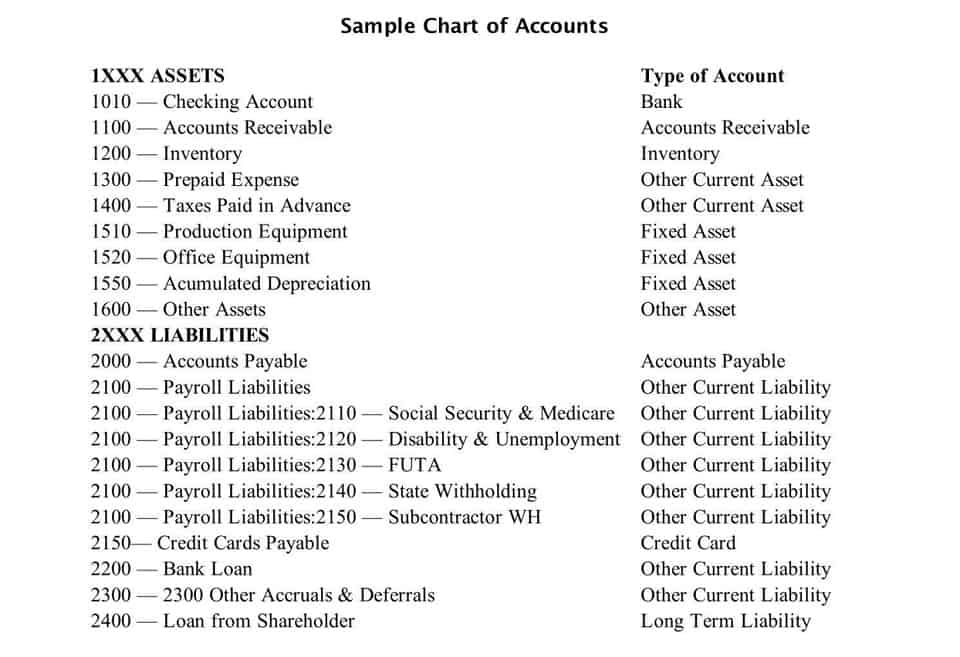
The advantage of hourly pay is you receive 1.5 times your average wage for hours worked more than 40 per week. In bookkeeping, extra hours are typical during the busy tax season of January to mid-April. A bookkeeper with professional certification shows they are committed to the trade, possess the skills and expertise required and are willing to continue learning new methods and techniques. There are no formal educational requirements to become a bookkeeper, but they must be knowledgeable about financial topics and accounting terms and strive for accuracy. A bookkeeper is not an accountant, nor should they be considered an accountant.

For instance, you could use bookkeeping ledgers and journals to glean business insights – which would then be classified as accounting. Bookkeepers and accountants are both critical for the financial health of a company. If you’re not tracking daily expenses, you’ll have very little information to give to your accountant and they won’t be able to make informed decisions. If you’re only focusing on expenses and not big-picture financial data, you’ll miss out on some strategic opportunities. Accountants advise leadership on how to make more strategic financial changes that save the company money or generate more profit. For some of the businesses that they do, accountants also need to be registered certified public accountants (CPAs).
Jen Li, CPA, MST
Enrolling in one of the best online bookkeeping classes is a smart way for those interested in this career to bolster their existing financial knowledge. To earn the certified public bookkeeper license, bookkeepers must have 2,000 hours of work experience, pass an exam and sign a code of conduct. They must take 24 hours of continuing education each year to maintain their license. AIPB certification requires bookkeepers to have at least two years of full-time work experience and pass a national exam.
From different taxes, limited company advantages/ disadvantages, how to pay yourself, and what your key filing requirements are. Financial planners work with clients to help them with their taxes, retirement, investing, estate planning, and insurance needs. Many financial planners aren’t accountants and have licenses like the CFP or the Series 7. However, many accountants are going into this field and offer tax as well as investment advice.
Internal auditing
Another key responsibility for accountants includes conducting routine audits to ensure that statements and the books are following ethical and industry standards. You can become a bookkeeper right out of high school if you prove you are good with numbers and have strong attention to detail. In fact, many aspiring accountants work as bookkeepers to get a foot in the door while still in school. Bookkeepers who excel at their jobs are also sometimes promoted to accounting positions, even if they lack the level of education the company typically prefers. It may take some background research to find a suitable bookkeeper because, unlike accountants, they are not required to hold a professional certification.
- While CPA licensing requirements vary from state to state, they usually include a bachelor’s degree in accounting and at least a year’s worth of on-the-job experience.
- Payroll can be a tricky subject, which is why it could be wise to consult a small business payroll provider like ADP or Paychex.
- In most cases, employers want to hire someone with a bachelor’s degree, and a master’s degree may help boost your earnings.
- The accountant, on the other hand, measures trends and observes the revenues and expenditures with an eye on a firm’s overall financial viability.
- Although the role of bookkeepers and accountants overlap, bookkeepers generally work directly with accountants to prepare taxes and financial statements.
- Bookkeeping simply seeks to create a record of the financial state of a business.
Handing over the financial tasks that you can’t do (or can’t do well) to a bookkeeper gives you more time to concentrate on growing the creative side of your business. An easy way to distinguish between the two roles is that accountants supervise a bookkeeper’s work. Other accounting vs bookkeeping small businesses hire a bookkeeper or employ a small accounting department with data entry clerks reporting to the bookkeeper. The main benefit of bookkeeping services is the knowledge that your business’ day-to-day financial business is being tracked and recorded.
How To Determine Which Service Your Business Needs
This niche requires detailed knowledge of financial statement regulations like Generally Accepted Accounting Principles (GAAP) or International Financial Reporting Standards (IFRS). GAAP is primarily used in the US while IFRS is used by international firms. Maintaining a general ledger is one of the main components of bookkeeping. The general ledger is a basic document where a bookkeeper records the amounts from sale and expense receipts. A ledger can be created with specialized software, a computer spreadsheet, or simply a lined sheet of paper. We’ll answer the question “what is the difference between bookkeeping and accounting?
- The process of accounting generates reports that convey important financial information.
- Ask for testimonials from people who have utilized your services in the past and spread the word about your offerings through a website or social media.
- The management of the business is the one which is responsible for making decisions and they must be careful for they affect the entire business and everyone concerned (for example workers).
- This is where the accounting comes in because it will be of great help to achieve that goal.
- At Li & Zheng CPA, our primary mission is to provide insightful advice that enables our clients to make informed financial decisions.
Some bookkeepers work for agencies, while others are solo entrepreneurs. Either option would be helpful, but it’s wise to ensure they have good reviews, experience, and professional traits. Prior to these tools, bookkeepers had to use hard copy books called journals to record financial transactions. Bookkeepers would segregate transactions based on categories like sales and purchases into separate transactions.

Recent Comments